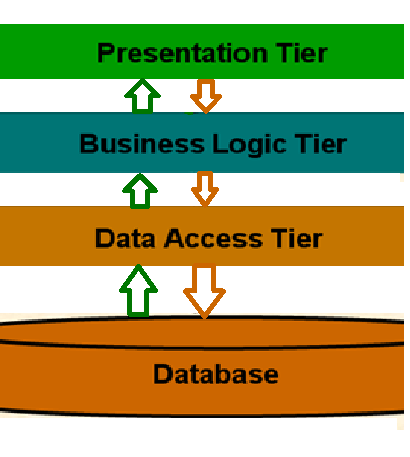What are the differences between investing in real estate and stocks
What are the differences between investing in real estate and stocks:
The risks associated with each investment type differ. When you own real estate, you incur maintenance costs, capital costs, taxes and maybe development costs each month. That said, the values of physical assets are less likely to become worthless than stocks.
Investing in Real Estate
Many investors are more comfortable with real estate investments because they are real. You can touch, feel and inspect the property that you own. Additionally, you as the property owner have more control over the value and use of your investment than the standard stockholder does.
Real estate investments fall into two broad categories: residential and commercial. Residential real estate includes all single-family units, buildings meant for one to four families, cooperative units and condominiums. Typical investing strategies include land development, home flipping or acting as landlords for rental purposes.
Investing in Real Estate vs. Stocks
Generally, buying and holding stocks (and reinvesting dividends) is considered the best way to accumulate wealth over the long run. The average annual rate of return on the U.S. housing price index over the 113-year period between 1900 and 2012 was 7.2%. Over the same period, the Dow Jones Industrial Average realized an average annual rate of return of 9.2%.



Comments
Post a Comment